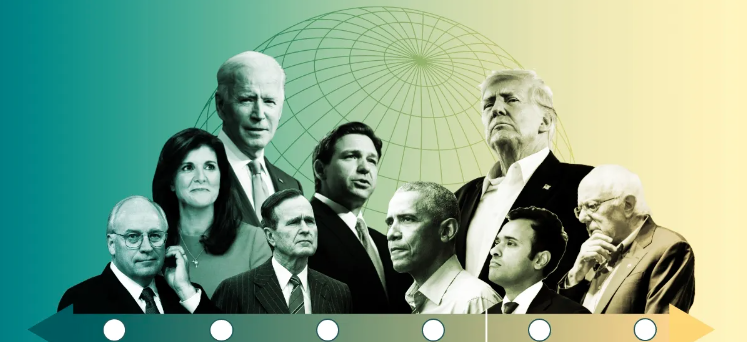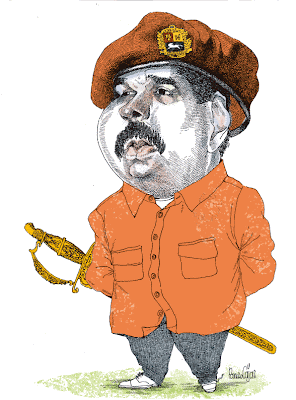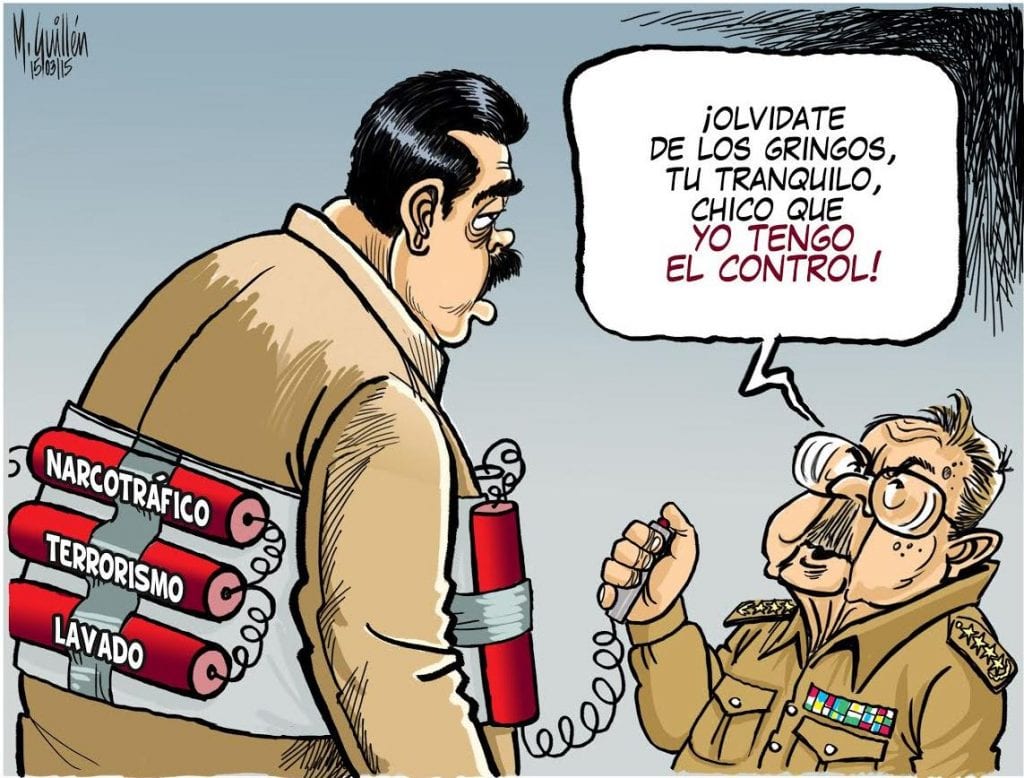
Courtesy FP
Yet there are critical differences in how policymakers view the world and are seeking to influence the direction of U.S. foreign policy. There is a clear dichotomy, for instance, between those who believe that U.S. influence is mostly positive and that the United States should play an active role in global affairs and those who believe that U.S. hubris more often leads to bad outcomes and want to scale back the country’s overseas commitments. There is a significant divide between those who believe that the United States should prioritize efforts to advance democratic values and norms and those who believe in defending more narrow strategic interests. And there are disparate views on whether the United States should stand firm against adversaries, such as Russia and China, or should seek to find common ground. I have delineated six distinct foreign-policy camps that represent the dominant strains of thinking on the U.S. role in the world. These camps can be placed along a spectrum of international engagement. Four of them fall on the more assertive side of this spectrum, constituting “internationalists,” who believe that the United States should exercise its influence and be actively engaged in global affairs. And two of the camps are “non-internationalists,” who believe that the United States should scale back its global commitments and adopt a less forward-leaning foreign policy. By Ash Jain. Full Text-> FP





More Stories
James Vance: conexiones con Rusia
Biden made a bold deal with Maduro. Will it pay off?
US sanctions Venezuela gang for spreading criminal activity across LatAm.